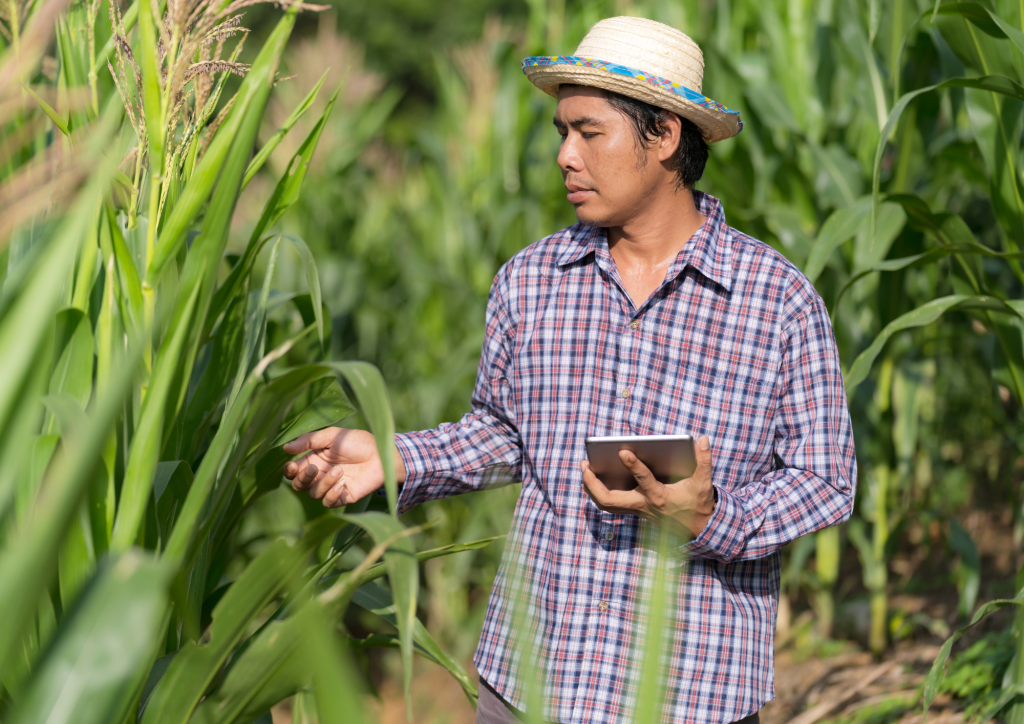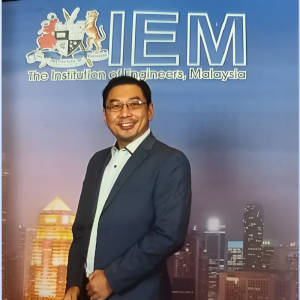在技术进步、创新工程实践和工业革命 4.0(IR4.0)颠覆性力量的共同推动下,全球农业格局正在经历一场深刻的变革。
在本报告中,我们将全面探讨工程技术如何与物联网 (IoT) 和 IR4.0 技术相结合,推动农业实践的革命。通过深入探讨该行业面临的挑战和最先进的解决方案,我们旨在强调绿色能源集成重塑未来农场的潜力。
背景和现有条件
农业作为全球社会最重要的支柱之一,正在努力应对一系列紧迫的挑战。人口增长、气候变化、资源枯竭和粮食安全问题等因素加剧了这些挑战。面对这些复杂问题,工程学、物联网和 IR4.0 为变革提供了一条途径。这些要素的整合有望优化资源利用、提高生产率并减少农业实践的环境碳足迹。
目标和意图
本报告的总体目标是突出工程驱动型解决方案在农业领域的变革潜力。我们试图探讨如何将绿色能源解决方案与物联网和 IR4.0 原则相结合,重塑农业实践,以实现更加可持续和富有成效的未来。此外,我们还希望强调工程学在建设更具弹性和环保意识的建筑环境中的关键作用。最重要的是 可持续发展!
当前的问题和潜在的解决方案
在马来西亚,水资源丰富,但由于砍伐森林,我们的碳足迹很高。水中的杀虫剂和清洁水的匮乏对可持续农业构成了重大障碍。水资源的不平衡分配需要创新的解决方案。工程学通过利用物联网和数据驱动的洞察力,使农民能够在灌溉方面做出明智的决策。通过根据实时条件优化用水,农业部门可以提高用水效率,增加作物产量,更有力地应对缺水挑战,同时利用优化工具和决策软件减少碳足迹。
绿色能源与碳捕获
绿色能源解决方案包括太阳能、风能和生物能源,它们为传统化石燃料提供了可再生和可持续的替代能源。这些能源不仅能减少温室气体排放,还能为农业领域的能源独立铺平道路。另一方面,碳捕获技术侧重于 减轻 通过创新的捕获和储存机制,减少碳排放。绿色能源在减排方面带来了立竿见影的效果,而碳捕获则为解决历史排放问题和实现长期可持续发展目标带来了希望。
空气污染与杀虫剂接触
农业活动造成的空气污染导致呼吸道疾病和环境恶化。农药接触是一个重要的健康问题,对农业工人和消费者都构成风险。先进的空气质量监测系统和病虫害综合治理战略的实施等工程干预措施提供了多方面的解决方案。这些措施不仅能保障人类健康,还能提高农业实践的可持续性。

工程解决方案和伦理考虑
工程师在应对农业可持续发展挑战方面发挥着关键作用。他们的任务是设计兼顾生产力、效率和伦理考虑的解决方案。当优化作物产量与环境保护或基因强化作物发生交叉时,就会出现伦理困境。工程师有责任驾驭这些困境,确保技术进步与社会福祉之间的和谐平衡。
审查工程师和专业人员的作用
专业工程机构在塑造工程实践的轨迹方面具有重大影响力。它们的作用延伸到应对工程挑战和促进负责任的、可持续的解决方案。
专业机构的影响
包括 BEM、IEM、IEEE、IEC 等在内的著名工程组织为推动负责任的工程实践做出了贡献。通过制定标准、指导方针和道德准则,这些机构为工程师建立了一个框架,使他们能够以优先考虑可持续发展和安全的方式应对挑战。
在快速发展的农业领域,工程原理、物联网技术和工业革命 4.0 的融合标志着一种变革性的范式转变。本报告展开了一次全面的旅程,深入探讨了将绿色能源解决方案融入农业实践以塑造 "明日农场 "的潜力。通过应对关键的挑战和机遇,工程学成为可能彻底改变粮食生产、资源管理和环境管理方式的关键。
本文作者认为,随着工程师承担起变革推动者的重任,道德困境也随之而来。要在提高生产率、优化资源和道德责任之间取得平衡,工程师们必须掌握一种微妙的平衡。
展望未来,"明日农场 "将成为人类智慧的见证,工程学的种子将在这里结出丰硕的果实,使农业更加可持续发展、更有韧性、更繁荣昌盛。在工程师、专业人士和利益相关者坚定不移的努力下,我们将继续前行,创造一个技术与自然相融合的未来,让我们的世界变得更加美好。

作者简介
IR KENNETH YEOH
世纪大学工程、建筑环境与资讯科技系化学工程高级讲师
Ir Kenneth 于 1999 年获得南澳大利亚阿德莱德大学化学工程学士学位。他于2017年开始讲学生涯,作为一名在马来西亚工程师委员会(BEM)注册的专业化学工程师,他拥有丰富的专业知识。此外,他还在马来西亚工程师协会(AFEO)注册为助理工程师。肯尼斯先生曾担任马来西亚工程师学会(IEM)环境工程技术部(ENETD)的秘书。他还被任命为专业面试官,负责评估即将毕业的工程师是否具备 IEM 专业工程师资格,这进一步证明了他对专业发展的承诺。Kenneth 先生拥有超过 18 年的工业经验,在污染控制工厂的设计、建设、运营和维护方面表现出色,尤其是在乳胶/手套制造行业和食品行业的水处理方面。他的广泛背景包括与马来西亚环境部(DOE)进行有效联络,以确保污染控制设备的安装获得批准。

